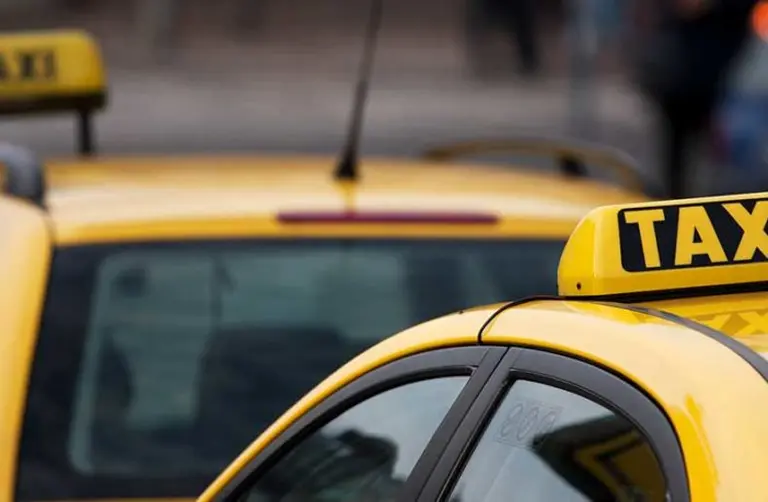From “free” gifts to taxi tricks, many seemingly innocent interactions while traveling can turn into costly mistakes. Whether you’re visiting a famous landmark or exploring a hidden gem, it’s important to stay alert and informed.
Here are some of the most common scams travelers encounter—and how to avoid them:
1. The Dishonest Taxi Driver
A classic scam: the taxi driver claims their meter is broken and demands an inflated flat rate. In some cases, they’ll tell you your hotel, temple, or museum is closed or full, and offer to take you to a “better” place—where they receive a commission.
How to avoid it: Never hail taxis from the street if you’re unsure. Instead, use reliable ride-hailing apps or have your hotel call a trusted car service. Always check the meter, know your destination’s address and opening hours, and use GPS to track your route. If the driver goes off course, call them out or ask to stop.

>> 6 polite things to do before checking out of a hotel
2. The “Free” Gift Trap
You’re walking near a popular site when someone puts a bracelet on your wrist, hands you flowers, or offers a pack of tissues from a “disabled” person. As soon as you touch the item, they demand payment—sometimes aggressively.
How to avoid it: Never accept unsolicited gifts, no matter how friendly the person seems. Don’t make eye contact or engage if someone approaches with unexpected offerings.
Scam example: a stranger suddenly ties a bracelet on your wrist. Looks kind—until they demand cash. (Source: Washington Post)
3. The “Accidental” Spill Setup
Someone “accidentally” spills a drink or substance on your clothes, then rushes over to help clean it up. While you’re distracted, an accomplice picks your pocket. Other variations include someone fainting nearby, tossing a baby or animal into your arms, or dropping a wallet and accusing you of theft.
How to avoid it: Always use anti-theft bags and keep valuables out of sight. Don’t pick up dropped valuables or get involved in suspicious situations. If you’re targeted, wait for local authorities or contact your embassy instead of trying to resolve it alone.
4. Damaged Rental Equipment
You return your rented motorbike or car, only to be accused of damaging it—damage you didn’t cause. In extreme cases, the rental owner may have followed and deliberately sabotaged the vehicle to claim compensation.
How to avoid it: Only rent from reputable companies. Take detailed photos of the vehicle before using it and monitor it at all times. If a dispute arises, involve the police if necessary.

5. Switch-and-Scam Sales
You find a designer bag or antique at a “too-good-to-be-true” price. After you pay, the vendor swaps it with a fake—or never gives you the product at all.
How to avoid it: Avoid buying luxury or collectible items from street vendors or shady-looking shops. If you want authentic goods, shop at certified stores with receipts and clear return policies.
6. The Overly “Helpful” Stranger
A stranger offers to take your photo—then runs off with your phone or camera. Or someone sees you struggling at an ATM and offers to “help,” only to steal your wallet.
How to avoid it: Never hand over valuables to strangers. Use a selfie stick for photos, and when using an ATM, ask a friend to watch your back. If you’re alone, don’t let anyone near while you’re making transactions.
>> Tips for couples traveling together for the first time
Final Tip for Smart Travelers
Travel should be full of beautiful memories—not unexpected headaches. The best way to protect yourself is to stay aware, trust your instincts, and do your research. A little caution can go a long way.
Want more practical travel advice and real-world tips? Follow our blog to become a smarter, safer traveler—one destination at a time.






